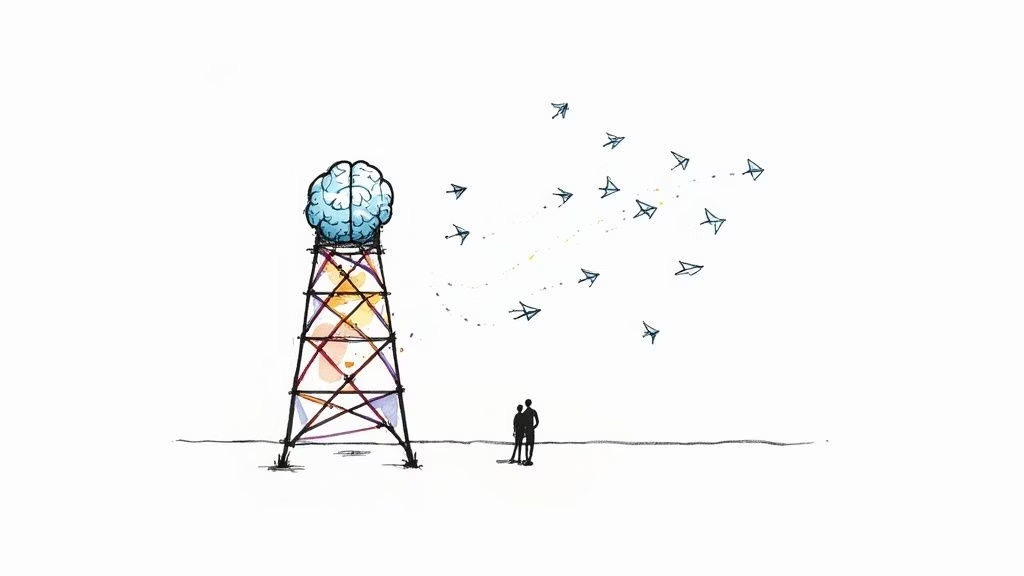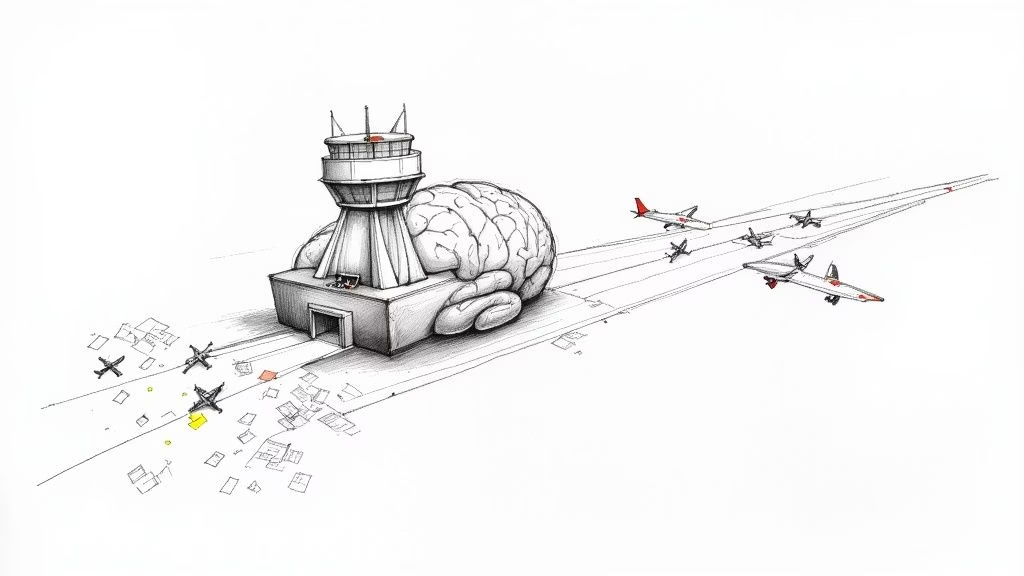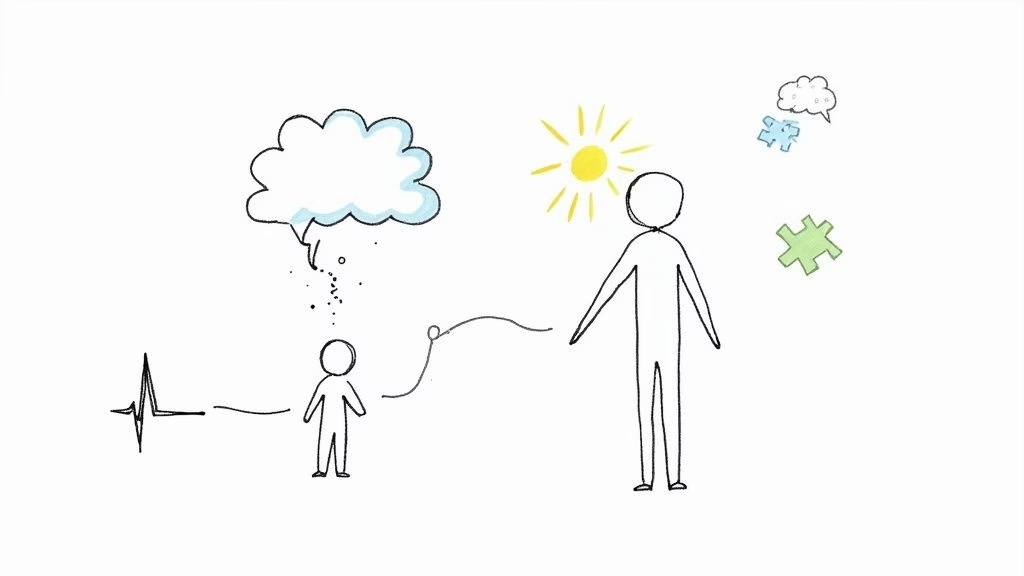My Expirence In a Meditation Retreat
Last year, I completed one of the most intense and transformative experiences of my life: a 10-day silent Vipassana meditation retreat at the Northern Vipassana International Meditation Center at Wat Chomtong in Chiang Mai, Thailand.
For 10 days, I lived in noble silence, without my phone, distractions, or conversations, practicing meditation from 4 a.m. to 10 p.m. every day. It was peaceful, difficult, beautiful, and at times incredibly uncomfortable. It was also exactly what I needed.
From Meditation App to Full Immersion
I’ve practiced mindfulness meditation on and off for the past four years using apps like Headspace and Waking Up. Those daily 10-minute sessions were helpful—but this retreat was different. It felt like the difference between sipping watered-down wine and drinking strong bourbon straight. In other words: intense.
This wasn’t just a wellness retreat. It was full immersion into Vipassana meditation, a tradition rooted in over 2,500 years of Buddhist practice. Under the teachings of the late Most Venerable Ajarn Tong Sirimangalo, I followed the eight precepts of Buddhism and engaged in hours of sitting and walking meditation each day, focusing on cultivating deep awareness and presence.
What Is Vipassana Meditation?
Vipassana, often translated as “insight,” is a form of meditation that centers around moment-to-moment observation. It trains you to notice thoughts, sensations, emotions, and patterns without reacting or judging. The practice involves three core methods:
- Mindful prostration (physical surrender to the present moment)
- Walking meditation (matching movements to verbal cues like “lifting, moving, placing”)
- Sitting meditation (focused attention on the breath, sensations, or arising thoughts)
The idea is not to empty the mind but to observe it with clarity.
Each day, I met with a monk to share what came up in my practice. Pain, joy, irritation, grief, calm—they all had their place. Some days, I felt detached from my body, almost like I was observing life from the outside. It was disorienting. But with time, I found steadiness.
Growth Mindset in Action
At its core, Vipassana meditation teaches one of the most important principles I use in coaching teens: resilience through awareness. I saw firsthand how powerful it is to sit with discomfort without needing to fix it, numb it, or run from it.
That’s what a growth mindset is all about—believing that challenge is not only inevitable but transformative. The inner voice that says, “This is hard, but I can keep going,” showed up again and again during those long hours of silence.
And that’s the exact mindset I help teens develop in coaching:
- Sitting with frustration without giving up
- Pushing past doubt and self-criticism
- Slowing down enough to choose a response instead of reacting
How I Bring Mindfulness Into Life Coaching for Teens
In my work as a life coach for teens, I often meet young people who feel overwhelmed, unmotivated, or unsure about who they are and where they’re going. Mindfulness is one of the most practical tools I bring into our sessions.
No, I don’t ask them to meditate for 10 hours a day. But I do help them:
- Learn to pause and check in with what they’re feeling
- Separate their identity from their performance
- Build focus and self-awareness to make better decisions
- Create space for clarity—whether they’re writing a college essay or navigating friendships
Even small doses of mindfulness can unlock growth.
A Final Note from the Retreat
Each day after meditation, I practiced metta, a loving-kindness prayer. I sent this out to my family, my friends, and my clients. Here’s the version I used:
“May you be happy, free from suffering, enmity, disease, and grief.
May you be protected from misfortune and difficulty.
May you be safe and well.”
Looking Ahead
Since the retreat, I’ve continued meditating daily while studying Thai massage and training in Muay Thai here in Chiang Mai. These practices remind me of how many ways there are to stay present, connected, and resilient—skills that are invaluable for teens navigating the pressures of modern life.
If you’re a parent or teen interested in learning how mindfulness can support your goals—from managing stress to preparing for college—I’d love to talk.
Thanks for reading,
Andrew



















